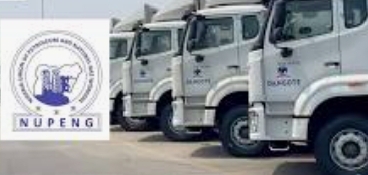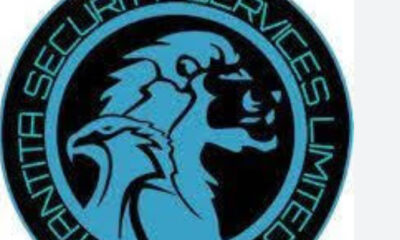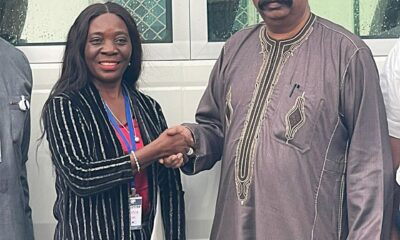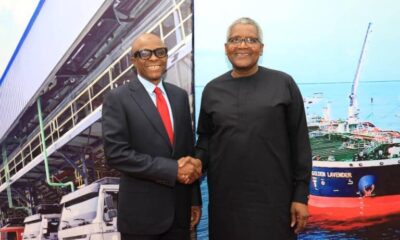Transport
Conspiracy To Silence The Rail Manifests Amid Dangote–Union Dispute

BY EGUONO ODJEGBA

President Tinibu
As the industrial dispute between Dangote Refinery and Nigeria’s oil and gas unions —Petroleum and Natural Gas Senior Staff Association of Nigeria (PENGASSAN) and the Nigerian Union of Petroleum and Natural Gas Workers (NUPENG) escalates into a national spectacle, one truth remains buried beneath the noise: Nigeria’s roads are bleeding.
While accusations fly — of mass sackings, union sabotage, and foreign worker favoritism — and the Federal Government plead for calm, no party seems willing to confront the elephant in the tanker: the deadly consequences of petroleum product haulage by road.
The Price of Progress: Lives Lost on Highways
Every day, thousands of tankers thunder across Nigeria’s highways, ferrying petrol, diesel, and aviation fuel from refineries to depots. These juggernauts, often poorly maintained and recklessly driven, have turned expressways into death traps. From fiery explosions in Lagos to fatal crashes in Kogi, the toll is staggering — lives maimed, families shattered, and infrastructure eroded.
Yet in the current labour standoff, this human cost is conspicuously absent. The unions fight for worker rights. Dangote defends corporate autonomy. The government urges dialogue. But who speaks for the victims of tanker tragedies?
A Forgotten Lifeline: The Case for Rail
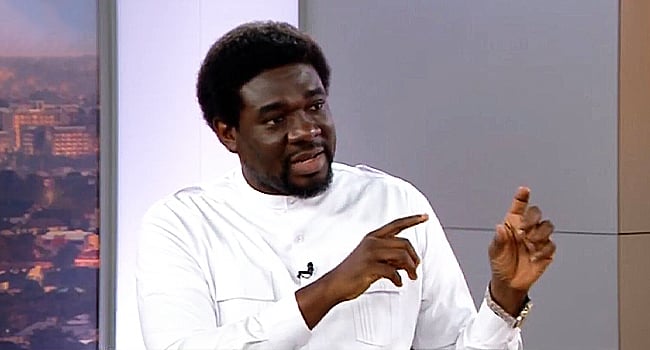
PENGASSAN President Osifo
In a recent editorial, Pinnacle Time called for the revival of Nigeria’s railway system for bulk cargo haulage — a plea that couldn’t be timelier. Rail transport offers a safer, more efficient alternative to road haulage. It reduces traffic congestion, lowers accident rates, and slashes carbon emissions. Most critically, it saves lives.
Countries like India, Brazil, and South Africa have long embraced rail for petroleum logistics. Nigeria, with its vast geography and growing energy sector, should be leading the charge — not trailing behind in a convoy of carnage.

The Political Bottleneck: Collusion or Cowardice?
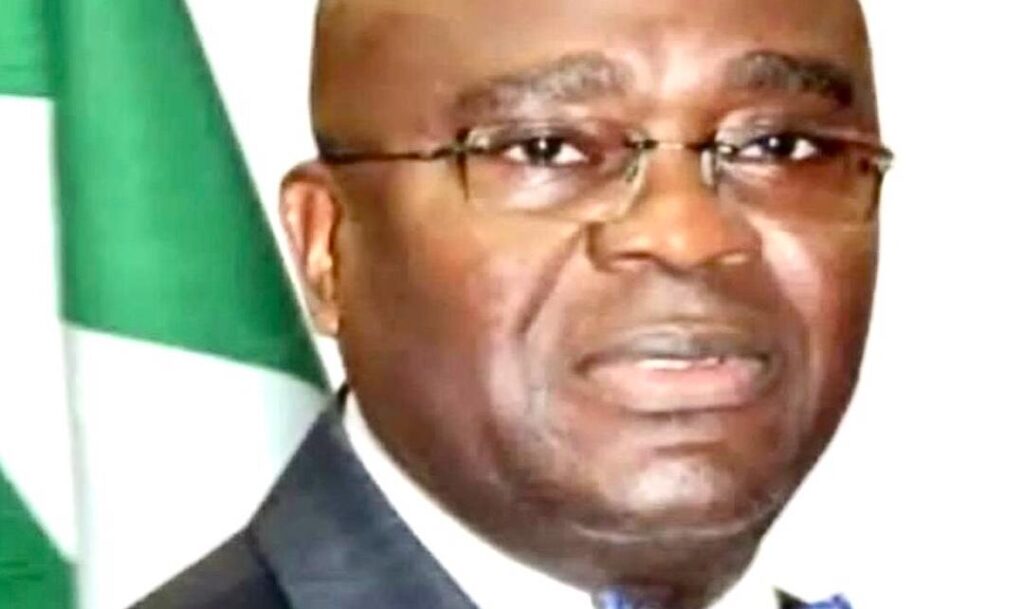
NRC MD, Opeifa
Perhaps the question need asked—why hasn’t rail revival gained traction despite its attractive alternative? Many Nigerians suspect the answer lies in the unholy alliance between the political elites and business moguls. The trucking industry — bloated with contracts, kickbacks, and patronage — is a cash cow for vested interests.
Politicians who campaign on reform often go silent once elected, while business leaders lobby for road dominance to protect their haulage empires.
It’s not just inertia. It’s complicity
Reviving rail would disrupt entrenched monopolies, threaten tanker cartels, and expose decades of infrastructural neglect. It would require courage — the kind that challenges crony capitalism and prioritizes public safety over private profit. But so far, that courage is missing. If it didn’t happen before now; there is little likelihood it would be a subject of consideration in the immediate time.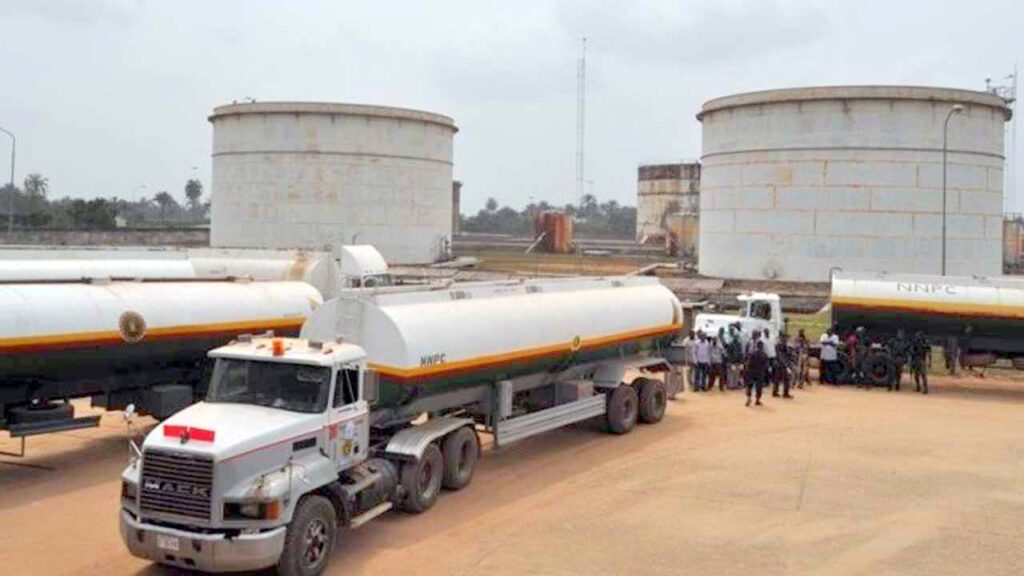
Economic Might vs. Moral Mandate
The Dangote Refinery, Africa’s largest, is a symbol of industrial ambition. But ambition without empathy is a dangerous fuel. If the refinery’s output will be trucked across Nigeria’s fragile roads, then its promise risks becoming a peril.
Unions, too, must broaden their lens. Worker welfare is vital — but so is public safety. Why not champion rail as a win-win: safer transport, more jobs, and fewer funerals?
A Call to Action
This dispute is more than a labour spat. It’s a moment of reckoning. Will Nigeria continue to gamble with lives in the name of economic expediency? Or will it seize this crisis to rethink its logistics backbone?
Reviving the railway isn’t just a technical fix. It’s a moral imperative. And if the refinery, unions, and government truly care about Nigerians — not just their bottom lines — then the tracks must rise again.





